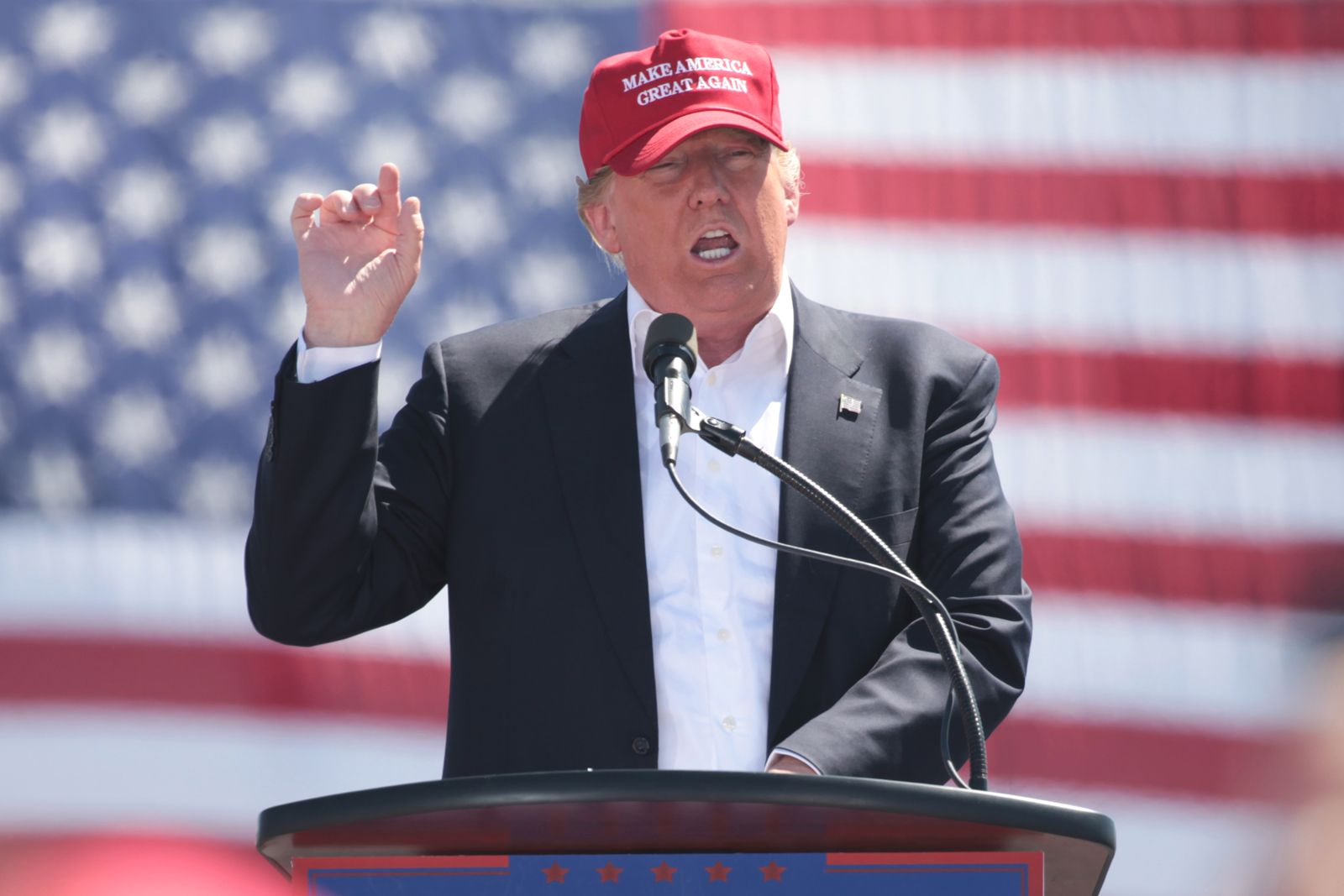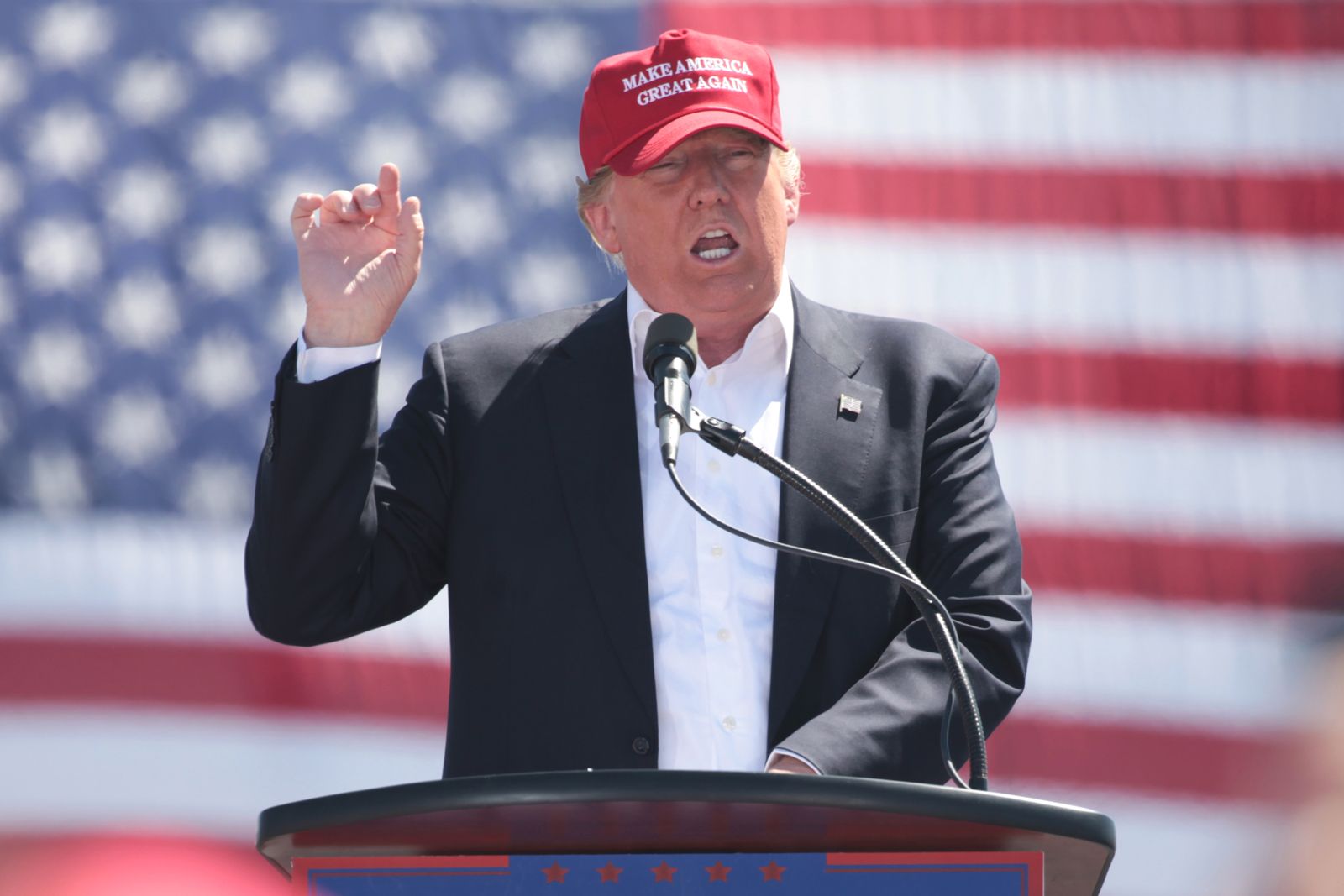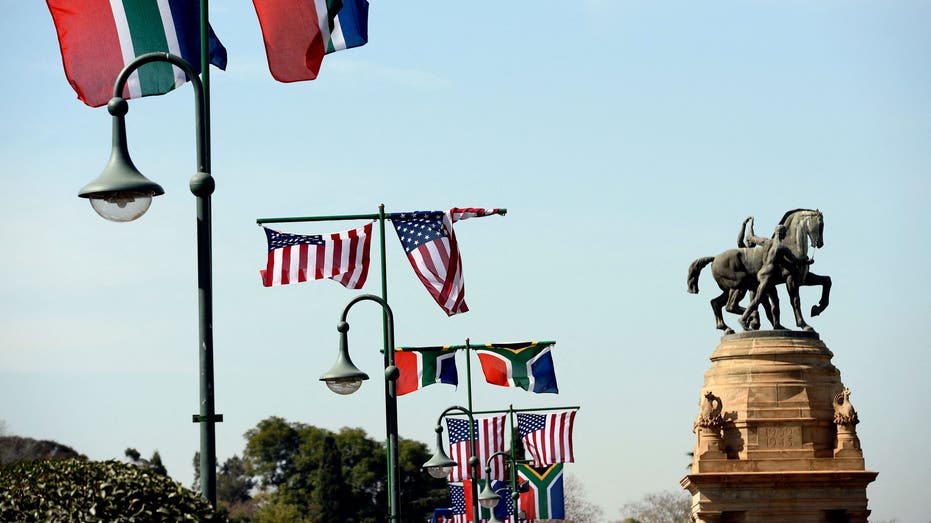
Trump’s Executive Order on South Africa Sparks Controversy
JOHANNESBURG – President Donald Trump’s recent executive order targeting South Africa has ignited tensions in the country. Released on Friday, the order primarily addresses land expropriations but also reflects broader U.S. dissatisfaction with Pretoria’s foreign policy, including its support for Palestinians in the International Criminal Court and its growing ties with China, Russia, and Iran.
The Executive Order’s Key Provisions
The executive order states, “In shocking disregard of its citizens’ rights, the Republic of South Africa recently enacted Expropriation Act 13 of 2024, allowing its government to seize ethnic minority Afrikaners’ agricultural property without compensation.”
Furthermore, the order outlines a new U.S. policy toward South Africa, resolving that:
- (a) The U.S. will cease providing aid or assistance to South Africa.
- (b) The U.S. will facilitate the resettlement of Afrikaner refugees fleeing government-sponsored racial discrimination, including race-based land confiscation.
U.S. Criticism of South Africa’s Foreign Policy
Trump’s order also condemns Pretoria’s foreign policy, asserting, “South Africa has taken aggressive stances against the U.S. and its allies, including accusing Israel—not Hamas—of genocide in the International Court of Justice, while strengthening relations with Iran through military and nuclear cooperation… The U.S. cannot support South Africa’s domestic rights violations or its actions that undermine U.S. foreign policy and threaten national security.”
South Africa Pushes Back
In the wake of the executive order, South African officials moved quickly to reject its claims. Chrispin Phiri, the spokesperson for the country’s International Relations Department, responded on social media platform X, asserting that the order was “based on misinformation and fails to acknowledge South Africa’s painful history of colonialism and apartheid.”
Phiri expressed further concern about a perceived campaign of propaganda misrepresenting South Africa, suggesting that such narratives seem to unduly influence U.S. policymakers.
The African National Congress (ANC), still the dominant party in South Africa’s coalition government despite losing its outright majority in recent elections, reacted strongly. The party’s secretary general even posted an image on X depicting a Black man standing by an open door, which many interpreted as an encouragement for Afrikaners to leave the country.
South African officials contend that Whites, including Afrikaners, still own around 70% of the nation’s land. The government has defended the Expropriation Act, insisting that land seizures would only occur when necessary for public projects—such as building schools—and that property owners of any racial background would receive “fair and equitable compensation.”
Opposition Voices Within South Africa
Within South Africa, dissenting opinions have emerged about the ANC’s policies regarding land expropriation and foreign relations. Emma Powell, spokesperson for international relations for the Democratic Alliance (DA)—the second-largest party in the government—has vocalized criticism of the ANC’s race-based regulations. In an interview with Fox News Digital, she stated, “For decades, the DA has opposed the ANC’s race-based regulations, which have only benefited the political elite while ordinary South Africans remain in poverty.”
Powell confirmed that the DA plans to take legal action to protect private property rights, urging the ANC to reconsider its policies: “It is time for the ANC to reconsider its domestic and foreign policies, which actively harm national interests.”
Additionally, the DA announced plans to send a high-level delegation to Washington, D.C., in the coming weeks to engage with U.S. decision-makers. This outreach underscores the DA’s commitment to defending property rights, fostering economic growth, and strengthening diplomatic ties with the United States.
Afrikaner Response and Civil Rights Reactions
The Afrikaner community, descendent from Dutch settlers who ruled South Africa and enforced apartheid, has reacted with a mix of emotions to Trump’s directive. AfriForum, a civil rights organization that represents many Afrikaners, has welcomed the executive order, citing it as a direct result of President Cyril Ramaphosa’s “irresponsible policies and actions.”
Yet, AfriForum reaffirmed the Afrikaners’ commitment to staying in South Africa. The organization stated, “Despite these injustices, Afrikaners and our community institutions remain dedicated to securing a future at the southern tip of Africa.” They called for urgent solutions to current discriminatory policies affecting their community.
Tensions Rise as Radical Elements Respond
Meanwhile, tensions have risen with responses from more radical political elements within South Africa. Julius Malema, leader of the minority party Economic Freedom Fighters (EFF) and a notoriously controversial figure in South African politics, reacted strongly to Trump’s decision. Malema tweeted, “In light of U.S. aggression against South Africa, we must strengthen ties with Russia, China, and BRICS nations to avoid confrontations with a maniac like Donald Trump.”
Malema’s history of incendiary rhetoric has often put him at odds with more moderate South African leaders, and his reaction to the executive order indicates a potential for increased polarization in South African politics.
Conclusion: Implications Ahead
The implications of Trump’s executive order on South Africa may resonate well beyond the immediate fallout. As the U.S. reevaluates its diplomatic stance and aid to countries perceived as violating democratic principles, the South African government is poised to navigate a complex political landscape filled with domestic pressures and international scrutiny. With significant divisions apparent both within South Africa and in its foreign relations, the road ahead looks fraught with challenges as stakeholders on all sides assess their next moves.
This revised article maintains a journalistic style, highlighting the key aspects of the controversy surrounding Trump’s executive order on South Africa while adhering to the specified word count range and including appropriate headings.


















